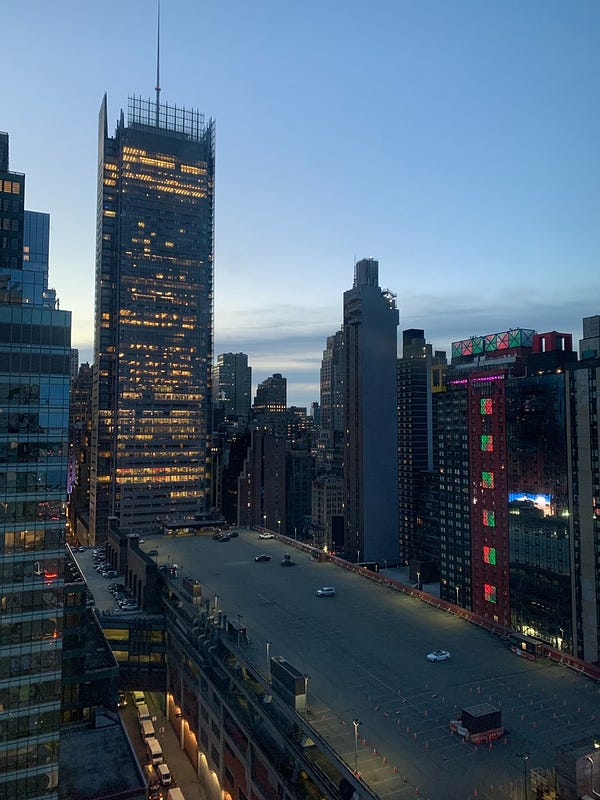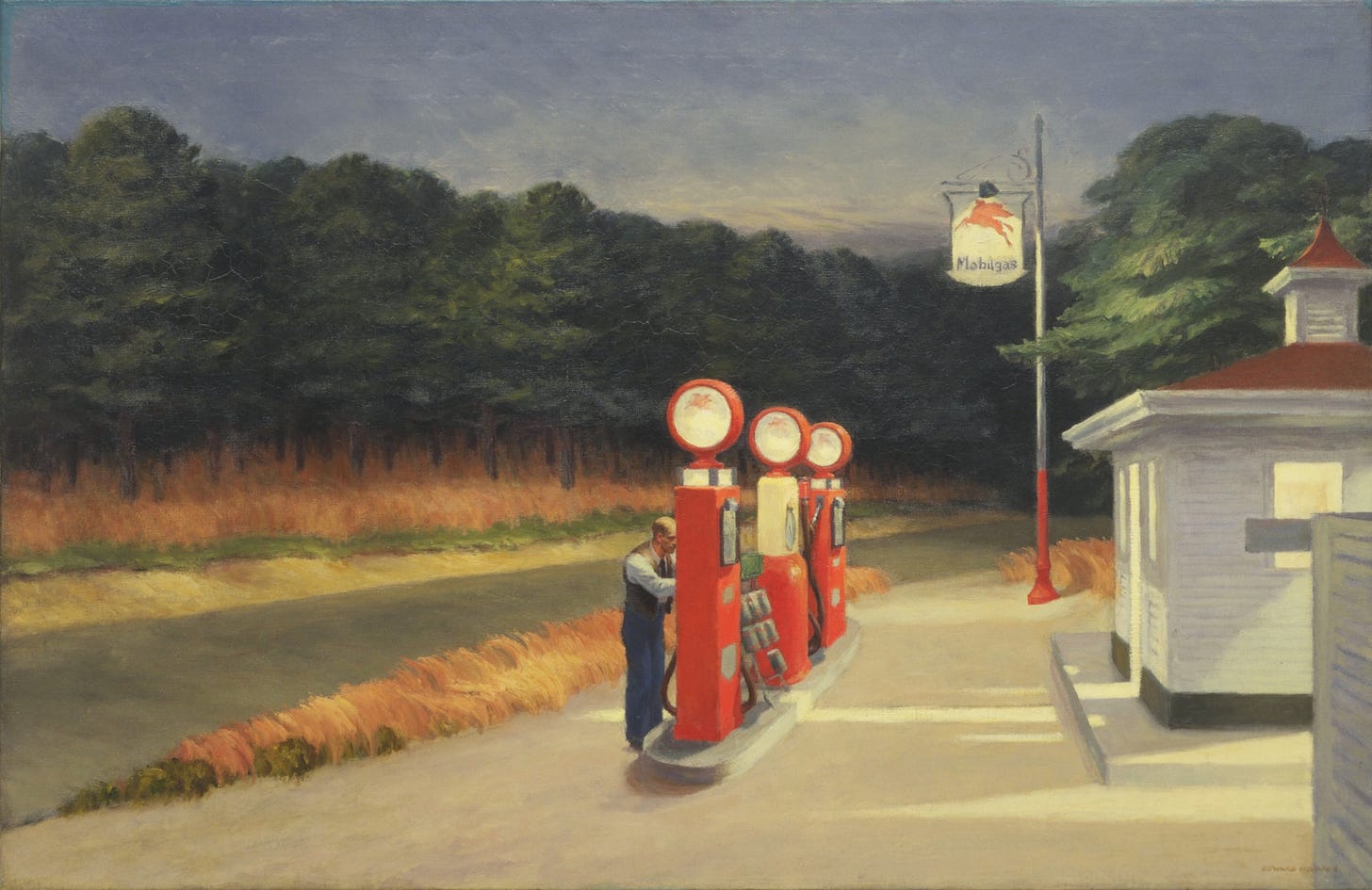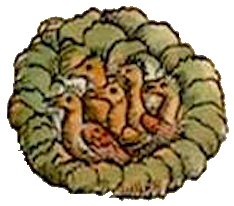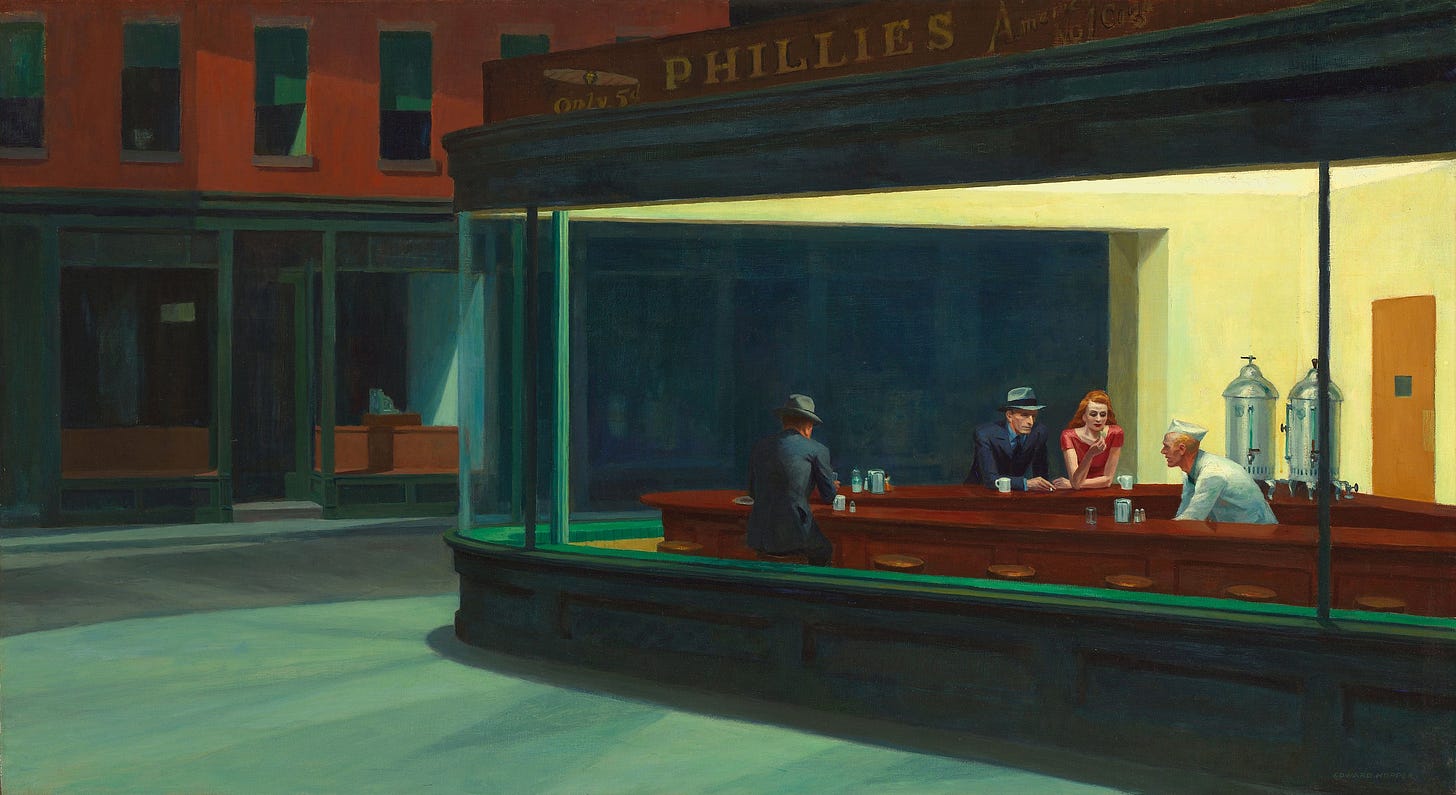Pre-Nostalgia in the Late Pre-AI Era
Our world is ending and that makes me both sad and glad 🌃
A couple of nights ago, I felt a little sad, not in a heavy way but more in a wistful way, so I went for a late walk and called my brother. That was a bit ironic, because my brother has been dealing with his share of personal problems for which I gave occasional support, and it felt strange to be the one asking for reassurance — especially since my problems were not personal at all. Quite the contrary. I felt wistful and sad because of technological change.
Tyler Cowen writes that we’ve all been living “outside of history.” In the West, especially, no major changes have occurred since the mid-20th century. Technologically, we’ve been stagnating in all areas but one, computers. “Remove all the screens,” someone said though I don’t remember where, “and the world isn’t so different from 1971.”
But now it seems increasingly clear that AI will change everything. Maybe not, of course. Maybe we’ll just get a bunch of useful tools and the course of history won’t be fundamentally altered. But sufficiently many people are worried about catastrophic AI risk, and sufficiently many people are hopeful of an AI-led utopia, to take seriously the possibility that either will happen.
Things are about to change, for better or for worse.
There’s this feeling I’ve been meaning to write about for a long time, which I call pre-nostalgia. Pre-nostalgia is related to nostalgia, but it differs in that it occurs right before something has ended. It is anticipatory.
Nostalgia itself is a complex emotion. It mixes together the joy of remembering a pleasant time with the sadness that it is long gone. Often there is also an element of being glad, in some complicated way, that the nostalgic times are over. If given the choice by a magical genie, we wouldn’t go back. We’re happier now, but we enjoy the combined happiness and sadness of reminiscence.
Pre-nostalgia is also a paradoxical mix. I have felt it often at the end of good trips. A few days before coming home, I have pangs of gladness that I’ve been able to visit new places, meet friends, see the world, combined with the blues that it is soon going to be over, and yet it also feels right that I’m going home soon: I couldn’t and wouldn’t want to always be on the move. Sometimes things need to end.
Some time ago, upon leaving New York City after a long and eventful trip that involved a month-long stay in Texas and a covid quarantine in a hotel with a view on LaGuardia airport, I had a particularly intense episode of pre-nostalgia. I tried to bottle it up into a twitter thread:


I like the way I described it back then:
It's the feeling that something ... not good exactly, but important, momentous, happened, and is now over. A chapter done in the narrative of my life, with all its drama and fun and learning experiences and people met.
But trips aren’t the only time when pre-nostalgia occurs. The approaching end of anything can trigger it, as long as the thing is pleasant or fateful. Reading the last chapter of a great book. Being in the last few weeks of a job. The month of June used to be strongly associated with pre-nostalgia, when I was in school: the coming of summer was obviously good, and I certainly wouldn’t have wanted to be stuck in a particular school grade, yet the passing of time, the turning of the last page of a chapter in the story of my life, flooded my heart and soul with anticipated nostalgia every year as the flowers of late spring bloomed around me.
I have tried to describe this feeling to others and they don’t always get it. Perhaps I am bad at putting it in words. Perhaps only a few people experience it. “Pre-nostalgia,” put in search engine, returns a few results, so I know I’m not alone. But it doesn’t get discussed much. Maybe others have different terms for it. Maybe some faraway language has its own untranslatable word to describe exactly this.
Pre-nostalgia is often an individual feeling. Sometimes, I think, you can sense it spreading over a group of people who are coming at the end of a shared experience. The last day of summer camp. The wait in the airport with friends at the end of a trip together.
I’m not sure it has ever made sense, since the mid-20th century, to speak of pre-nostalgia in a collective, worldwide sense.
Eras don’t usually announce their end. The last couple of truly momentous events in history were the covid pandemic, which happened suddenly, and the collapse of the Soviet Union, which was also surprisingly fast. I wonder if the people of Eastern Europe in the late 1980s felt that something was coming to an end and felt, in their hearts, the anticipation of ostalgie or other communist nostalgia. I was born a few months before the death throes of the USSR, so I don’t know firsthand.
This time we know that society is on the cusp of major transformation. We may be wrong, but if we are, that will be the surprise. So, in the anticipation of the major changes AI is about to wreak upon the world, I have been feeling pre-nostalgic more and more often.
Before we began living outside of history like Cowen says, we experienced an era of fast technological progress. I imagine the people around the year 1900, realizing that cars and radios and airplanes were about to change the world forever, or those a few decades prior, when progress meant the telephone and electricity and railroads. For the most part they must have been okay with it — a new chapter was beginning in the history of the human race, and that was good and momentous — and yet I assume that many couldn’t help feeling pre-nostalgic. A better world was coming, which means they had to mourn the old one.
I like technology and I want it to solve our many problems. Yet as I walk at night in my city, I realize I like this world, too. Its problems don’t cancel out its beauty, which manifests even in the tragic, heart-wrenching moments, even when we fail, even when we are being poor little humans who are depressed or angry or in pain. I want the depression and the anger and the suffering to stop. I want us to not die. But not dying will necessarily involve the end of a world and that feels appropriate to mourn, somehow.
Thus pre-nostalgia is triggered even if I think that AI will cause a utopia. The feeling is even more poignant once we consider that AI could cause doom. I have mostly resisted feeling sad from the idea that a new form of intelligence could provoke a catastrophic outcome like the extinction of all humans, but I cannot deny that it is at least a possibility, which makes the beauty of my current world even more precious and its potential end, even more tragic.
I don’t know whether we are headed for utopia, doom, or business as usual. If I had to put probabilities on each, they would all be 33.3%. Which is another way to say I have no idea. All my thinking about the future has yielded nothing better than being, like Tyler Cowen, radically agnostic. A meaningless position to be in.
When I talked with my brother a few nights ago, we reached the same solution to both of our problems. This was unexpected, since the scale of my sadness, which is cosmic, is nothing like the very personal challenges my brother has been experiencing. And yet we both realized, despite the differences, that maybe we would feel better if we just stopped thinking about the future so much.
Realistically, I won’t, because thinking about the future is fun and, I think, useful. I won’t stop doing the little that I can to steer the future in the right direction. I won’t try to repress the sadness that is inherent to pre-nostalgia, either: it is valid to care and fear for the world we like.
But I will remember that the other component of pre-nostalgia, the feeling that the ending of an era is right, that we must turn the page and start the next chapter, is also valid. Tyler Cowen may be correct1 when he says that
We should take the plunge. We already have taken the plunge. We designed/tolerated our decentralized society so we could take the plunge.
I am fucking scared in so many ways, and also sad, and also excited. I don’t know what to do with myself. I’ll try to enjoy the ride, as the cliché goes. That’s probably the best thing to do when history is in motion.
I say may because I also agree with Scott Alexander that his radical agnosticism argument is not particularly convincing, and also we might succeed at blocking AI through sheer obstructionism and pointless bureaucracy. Wouldn’t that be something!











I am having similar feelings about the end of this era... Reminds me of Basho’s haiku:
Even in Kyoto,
hearing the cuckoos cry,
I long for Kyoto
I too feel it strongly when I look at aerial footage of Stockholm or Copenhagen and then think of the frightful Russian way of warfare and how these cities may look in the event of a war. I feel a nostalgia for pre-war Europe.